Life as I see it...
Freedom Of Expression
When I came to the United States, my eyes were opened to freedom. I had never lived in a place where one could freely express their opinion without the fear of punishment. Growing up in post-Soviet Russia, I was used to being told what to do, what to say and even what to think. I was impressed with the need to conform to the accepted cultural and societal “norms”. Anything outside of that norm was deemed a threat and needed to be stopped. My arrival in this country allowed me to develop my own opinions and even express them publicly.
In America everyone has the right to freely express themselves. Today there are many ways one can express their identity such as social media, the way one dresses, the degree one follows cultural fads, and some even express themselves through video games.
The free expression of identity can make one feel like whoever they want to be. Through the various social media, a writer or video creator can portray themselves in a purely fictional way, or they can show who they really are depending on what they are desiring to express. Those who express themselves through video games often choose characters that are always strong, beautiful, handsome and have everything. “Video games are robust forms of expression”. http://ffc.twu.edu/issue_9-1/lesson_LaPensee-and-Emmons_9-1.html I think that this identification can cause younger people to exclude themselves from reality and only focus on what they have created. Their expression is limited however to other gamers.
Instagram has become the platform of choice for many of my generation. Here one can become an “influencer” if they are witty, informative or even sometimes nonsensical. However, it is a platform that encourages self-expression. I enjoy posting about my life as well as commenting on other users' posts. Anyone can adopt an online identity and express themselves about any topic. There is always an element of doubt since no one really knows if the identity is true. “First there is a pejorative sense of the word not very far from “chattering” and which consists in saying any or everything one has in mind without qualification”. https://foucault.info/parrhesia// But as social media grows in influence, even this doubt is accepted as one of the costs of doing business.
In my opinion protecting free expression is a high priority. I am a person who came from a country where freedom of speech simply did not exist. Anyone who said or wrote something contrary to the political agenda would have been imprisoned or even killed. When I came to America, I was shocked that if one did not agree with the government, they could speak out about it, and nothing would happen to them. I want to keep it this way.
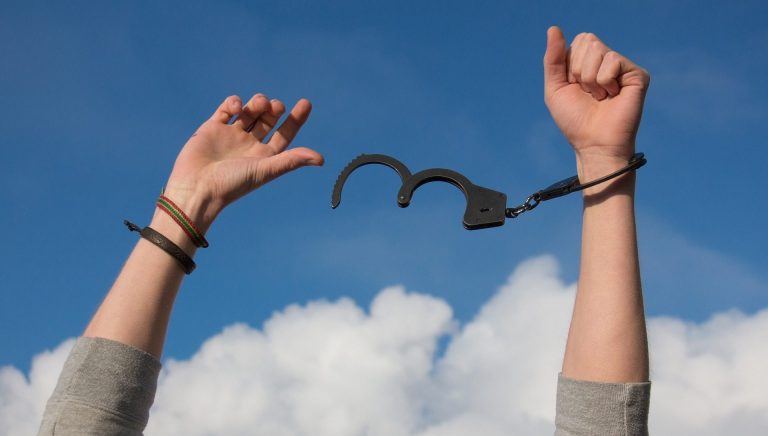
Free Speech & The Press
I believe that the first amendment should be a protection for all free speech including being a shield for the press. However, we must ensure that the press enjoys free speech not the right to partisan speech disguised as free speech. When a journalist produces a news report, the emphasis should be on “reporting” not “producing”. It is not the right of a journalist to produce a story based upon bias unless it is clearly stated to be an opinion piece. Journalists should be held to strict guidelines which prevent them from crossing over the line from reporter to activist. I find that I cannot trust most of the news outlets here in the US to report accurate, unbiased news. I don’t believe that this type of speech should be able to hide behind the first amendment since it is disingenuous by definition.
I applaud the anti-SLAPP legislation. The threat of lawsuits and endless litigation costs should never be allowed to be used to stifle free speech. The case of a Yelp review in Texas highlights this fact. Yelp provides a forum for consumer reviews. If a consumer has a negative experience with a company, they have a right to post a negative review. This does not give license to make false claims and accusations. It serves as a platform of free speech where other consumers can gain insight from ones experience. The company can address the review by counter claims or a promise to improve. It does not have the right to threaten or even file a lawsuit with the purpose of punishing a forthright reviewer.
Accurate reporting is the foundation of a news source. Therefore, news sources should be held accountable for acts of libel or defamation. If a news entity knowingly defames an individual, then a legal case may be the only way to both clear ones name and send a warning to other news outlets that such reporting is not protected speech.
The case of Nick Sandman is an excellent example. CNN, The Washington Post, and NBC all portrayed this high school student as racist, bigoted and instigating violence against a Native American during a pro life rally in Washington DC. The truth was that the Native American was trying to instigate a confrontation with Mr. Sandman and his friends from a catholic school. There was plenty of video available to corroborate one side or the other. With a small amount of investigation the real story could have been uncovered and reported or left on the cutting room floor as non news worthy. However, Mr. Sandman was wearing a ‘make America Great Again” cap which seemed to trigger an anti Donald Trump bias in the three news rooms. In order to satisfy this bias, these three news outlets chose not to report but to produce a fictional story that caught the attention of the nation. Mr. Sandman was entitled to sue for defamation and when confronted with a legitimate suit, CNN and The Washington Post, agreed to settle rather that lose even more in court where their actions would be publicly broadcast on a daily basis.
Although the suits against CNN and The Washington Post settled for a very large amount, they was not brought because of loss of income but rather because of the harm such biased reporting brings upon real people. This young high school student was about to begin a life of his own and before it even began, he was in danger of forever being labeled a racist and bigot. His name and face was flashed across the world branding him with a false accusation. This was this was the actionable offense with the compensation being commensurate with a lifetime of infamy through no fault of his own, but rather because of the bias of activists posing as reporters.



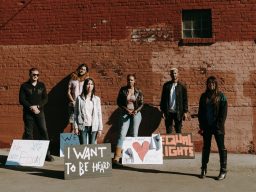


Free Speech & Protest
I will be the first to support the peoples right to protest. In my nation of origin, public protest is met with a wave of arrests, incarceration and even death. I love the fact that in America public protest is part of the very fabric of our identity.
Protest has two voices. One voice protests the general sway away from rule of law to an unwritten personal ethos. The other voice protests the increasing push back against authority and rule of law. Both cannot be right, however both have the right to be heard. Even if one voice has an enormous amount of advocacy, the other still has the right to believe and express their opinion.
In recent years, I have noticed a push for free speech as long as it is the speech adhered to by the current culture. All other speech is demonized with words like “micro aggression”, “triggering” or “threatening”. I am not referring to verbal threats against one’s person, but something as patriotic as the Pledge of Allegiance being characterized as “hate speech”. This is more like anarchy veiled in free speech.
Over the last several years we have witnessed violent behavior labeled as “free speech”. I do not believe that there were massive protests after Barack Obama was elected President. Not everyone agreed with his political positions nor his lack of experience in governance, however no one took to the streets. He was duly elected and that was an accepted fact. But when Donald Trump was elected President, many took to the streets in protest. All of this is protected speech and should be sanctioned.
But then we witnessed something different. Protests were incited using various flash points. Many took to the streets and airwaves. All still had their rights to express themselves until they invariably turned violent. This was where the line was crossed from legitimate protected protest to illegal criminal behavior.
We watched shops being torched and looted. How were those shop owners responsible for what was being protested? We saw people streaming out of the Apple Store with laptops, phones and iPads. How was this free speech? Cars were burned, neighborhoods destroyed and luxury labels looted without interference. Rather than condemn the violence, some news outlets chose to emphasize the “reason of the protest”. This type of violence is not protected speech and should be dealt with according to the law.
I greatly admire those who risked everything to demonstrate their right to free speech. Past protest movements have been successful and peaceful on the part of the protesters like Rosa Parks or Dr. Martin Luther King Jr. These voices should be free to speak without legislative interference. The sad fact is that when free speech turns violent, the reaction is to attempt to legislate adherence to existing law but can end up muzzling free speech as a byproduct. The very thing that began as an exercise of first amendment rights, through violence, creates a scenario that in attempting to quell the violence, free speech becomes the victim.
Another form of protest comes in the attempts to limit the development of natural resources. Legislators are passing stricter laws concerning trespassing in an attempt to legislate free speech. I believe that this type of protest if done peacefully and with vandalism or material damage is legitimate and should be protected speech. In the absence of any violent activity, new or existing laws should not be enacted to shut down their voice simply because it is contrary to legislative interests.
Free Speech & The Internet
America has always been a bastion for free speech symbolized by the incorporation of the first amendment into our founding documents. However, free speech was limited not by law, but by opportunity. New outlets covered political, sports and Hollywood figures. Their words were recorded and broadcast for millions to read and hear. However, the regular citizen had a very narrow audience to whom he or she may express their views. There were no news outlets rushing to cover an unknown citizen who had an important opinion. Without celebrity status they were unheard.
All that changed with the advent of the internet. Suddenly the playing field was being leveled to everyone who had a modem. Anyone at anytime could express their opinion to a potential audience of millions. Independent new sources sprang up in basements around the country. With good editing no one could imagine where the broadcast originated. The views expressed in these new outlets many times ran contrary to the formerly primary news sources. At the same time the print media was seeing a massive decline. Newspapers suffered the worst with subscription rates plummeting. Television news also suffered a decline in viewership once people realized that they could turn to the internet to avoid the “canned” news that every channel seemed to produce.
The internet has given a wide range of freedom to express oneself ranging from the intellectually sublime to the hard core ignorant, but each is free to express themselves. I believe that with the exception of pornography or incitement of violence, this is a good thing. At no other time in history has normal, individual citizens had the ability to reach so many others with their opinions. The influencers of the world are no longer limited to those with singing or acting ability, sports prowess or political power.
With this new freedom of expression comes the burden of acceptable content. We are a people of contradictions. Violent movies become blockbusters and are widely acclaimed, yet we denounce violence, (and rightly so), either threatened, implied or in action. That which entertains is not acceptable in every day society. Because the internet is an much entertainment as educational, the lines blur. It falls upon the online community to determine what content is legitimate free speech and what is not.
I do not believe there should be an internet police force to regulate online expression. However, I do believe that each platform should adhere to an agreed set of rules across the entire net. Any speech that incites violence, coordinates violent acts or promotes terror against an individual or group should not be afforded the right of free speech. Any speech that denigrates anyone because of sex, ethnicity, race, religion or national origin should be limited in access to the net. Cyber bullying has become a problem that has led young people to suicide.
The word that comes to my mind is responsibility. We are responsible for our opinion and with responsibility comes consequences. The online platforms are all responsible for the content they allow. With this responsibility also comes consequences. Some may abandon their platform, others may complain loudly. This all comes with the territory. Nevertheless, the platforms must maintain a safe environment. I would rather see all the platforms conform to a set of guidelines instead of each operating in their own set of restrictions. That would result in speech being more free in one place and less in another.

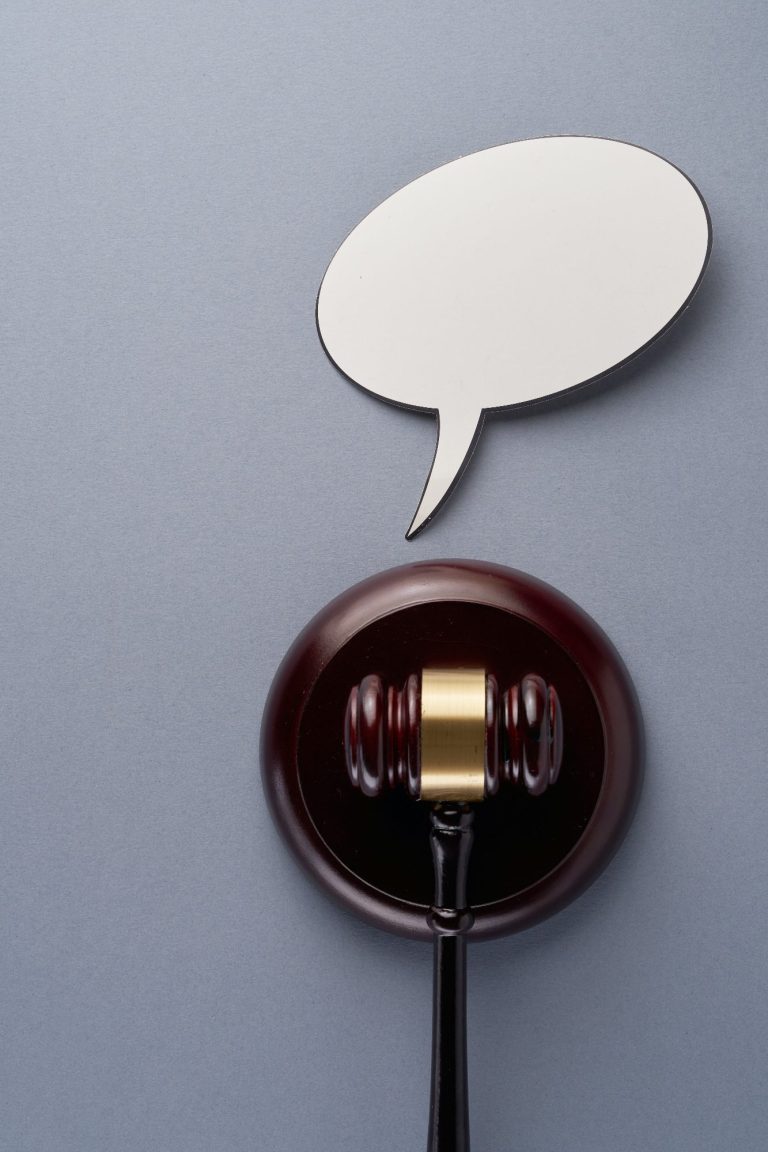

Sector-Specific
Free Speech
We live in a day of unlimited opportunity to make one’s opinion widely circulated. The internet and the social media sites have opened an avenue to address a world wide audience. However, with this blessing also comes the tension between those who simply want to speak freely and those who want to influence others for nefarious purposes. How do we regulate without mitigating free speech?
I believe the first line of defense is the responsibility of the social media providers. They should act as both gatekeepers monitoring all activity both that being posted from outside as well as that being edited from the inside. The only thing worse than unlimited offensive and dangerous speech is one sided or partisan censoring of speech by the platform. In my opinion, this results in a loss of trust and validity.
The various platforms must stay clear of political motivation and truly be avenues of free speech, whether the platform agrees with the opinion or not. The platform is simply an electronic billboard. They provide the exposure but do not determine the content. The content must adhere to rules of decency and definition. I believe that each platform should have a standard definition of dangerous or offensive speech. This should not be dictated to them, but agreed upon by some kind of platform summit.
I strongly believe that world governments should not be involved in limiting the freedom of expression on the internet. Corrupt or authoritarian governments have the most to fear from a truly free speech environment. They typically mitigate negative opinion through fear and intimidation or worse. The inability to control speech is their worst nightmare. However, even democratic governments are used to determining the direction of public opinion. They achieve this through the manipulation of the major news outlets. When they find they cannot control the opinions expressed through the myriad of outlets online, the reaction is to legislate controls on the electronic environment. To put it bluntly, governments act to protect self before they act to protect the individual. This translates into controlling the public's opinion of their policy.
Unfortunately, I do not trust the news media to be of any help in promoting and protecting free speech. I have come to see the news media as tainted by partisan politics. Not only do we find the exact wording being mouthed by the majority of media outlets, but we also find the same stories ignored or buried by these same outlets. News media should be comprised of independent reporters not biased news makers.
This finally leaves civil society to set standards that are acceptable to all parties. Neither side can hide behind bigotry, micro-aggression, cancel culture, or other phrases in order to stifle differing opinions. Every opinion is valid but guidelines based on protection are necessary. Speech that promotes violence against women, sexual preference, ethnic groups, religious affiliation or economic status is unacceptable. Speech that promotes, encourages or coordinates acts of terror is likewise dangerous and should be banned. Speech that denigrates an individual, or threatens them either in cyberspace or the real world should be stopped. Opinion, perception, causes, and suggestions are all welcome.
More To Come...
More of my free expression and views on life will be found here next...
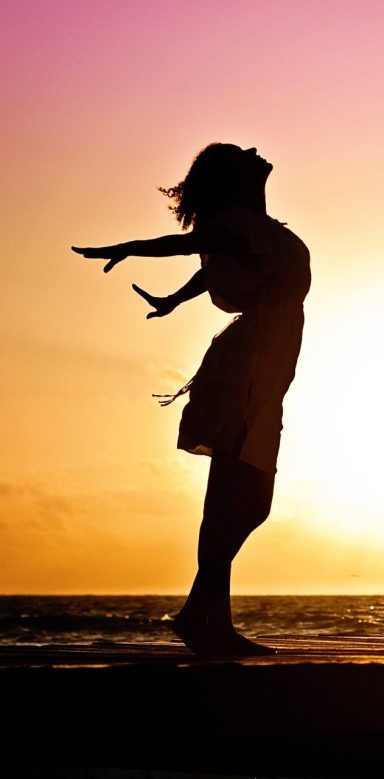
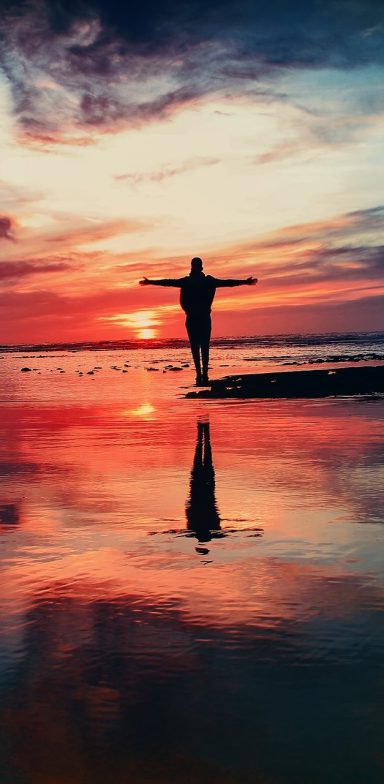
©Copyright. All rights reserved.
We need your consent to load the translations
We use a third-party service to translate the website content that may collect data about your activity. Please review the details in the privacy policy and accept the service to view the translations.